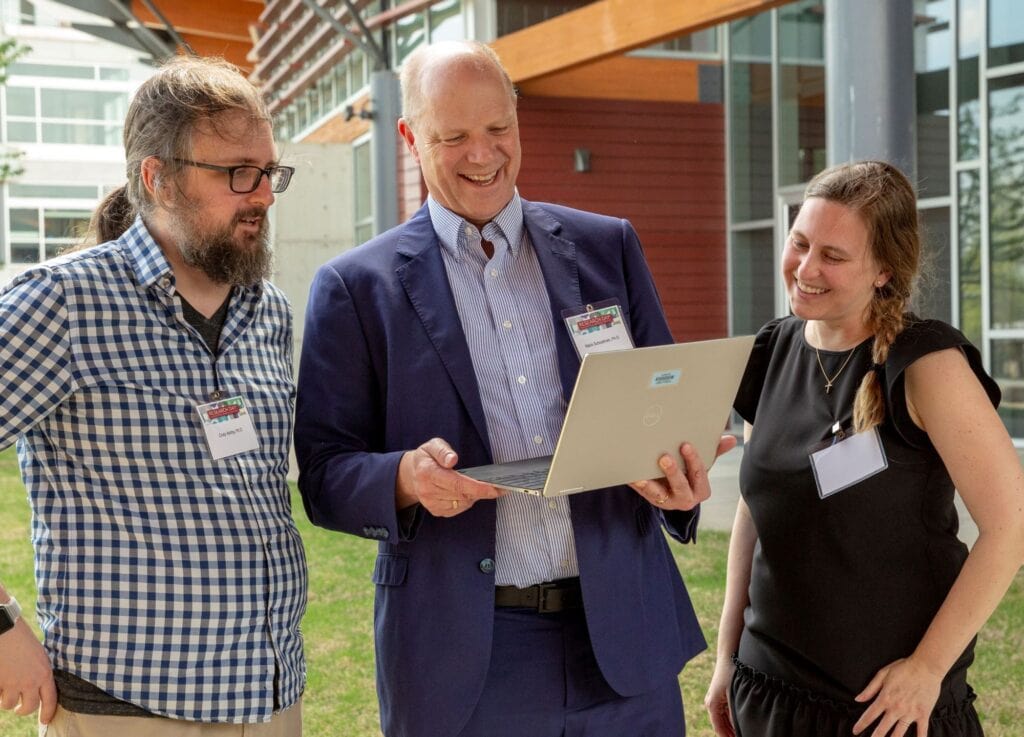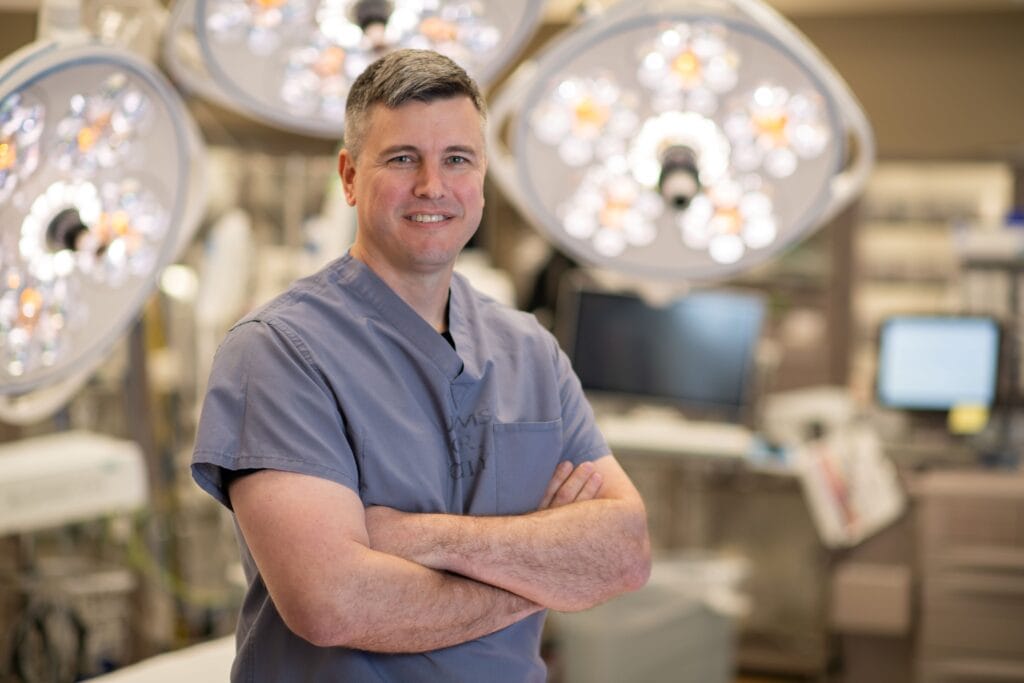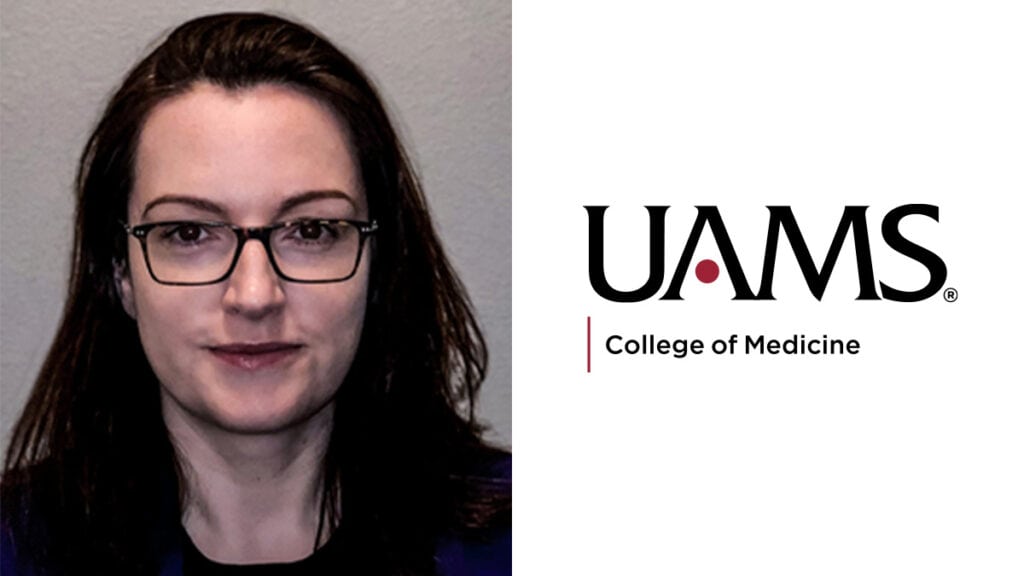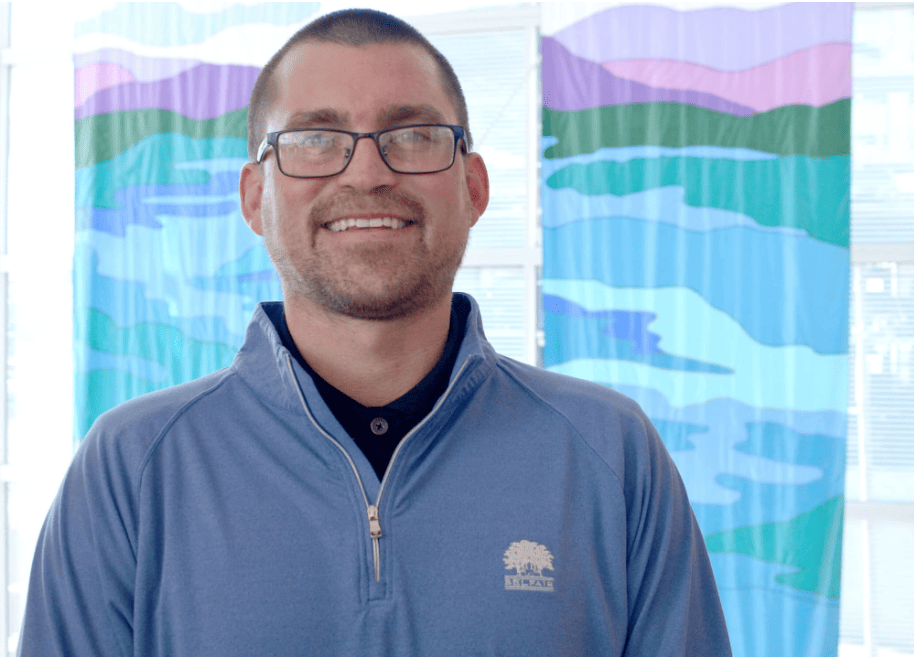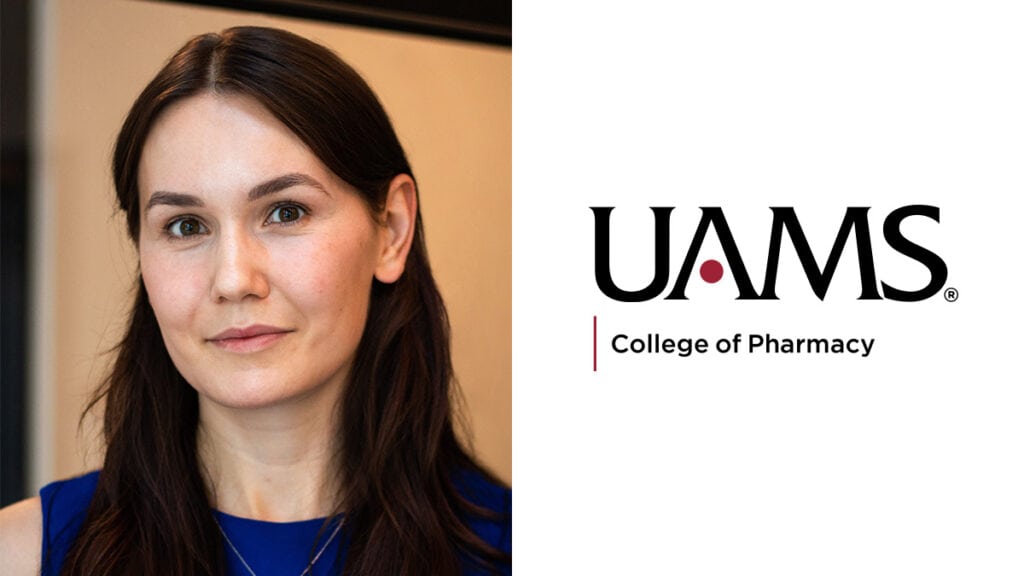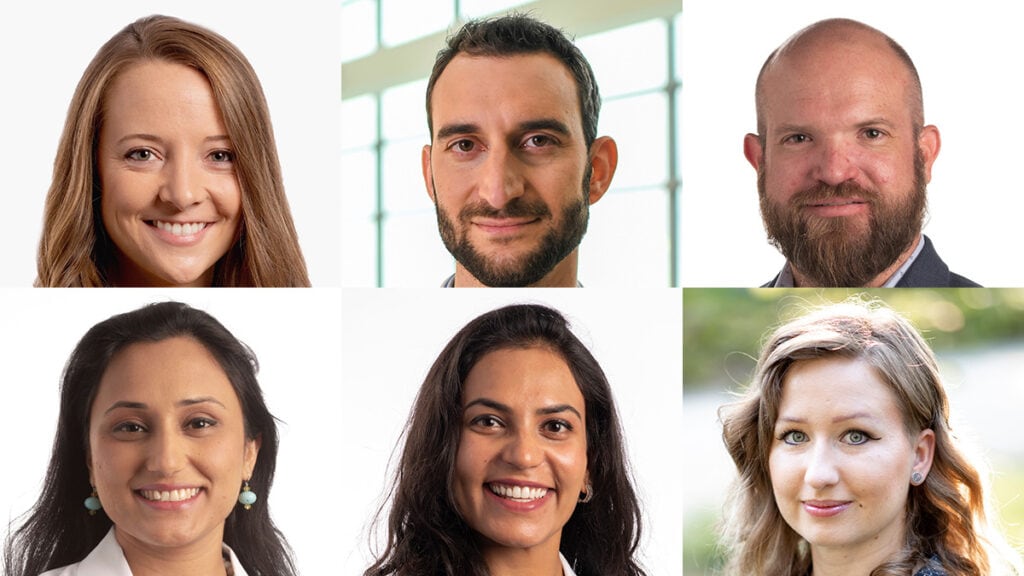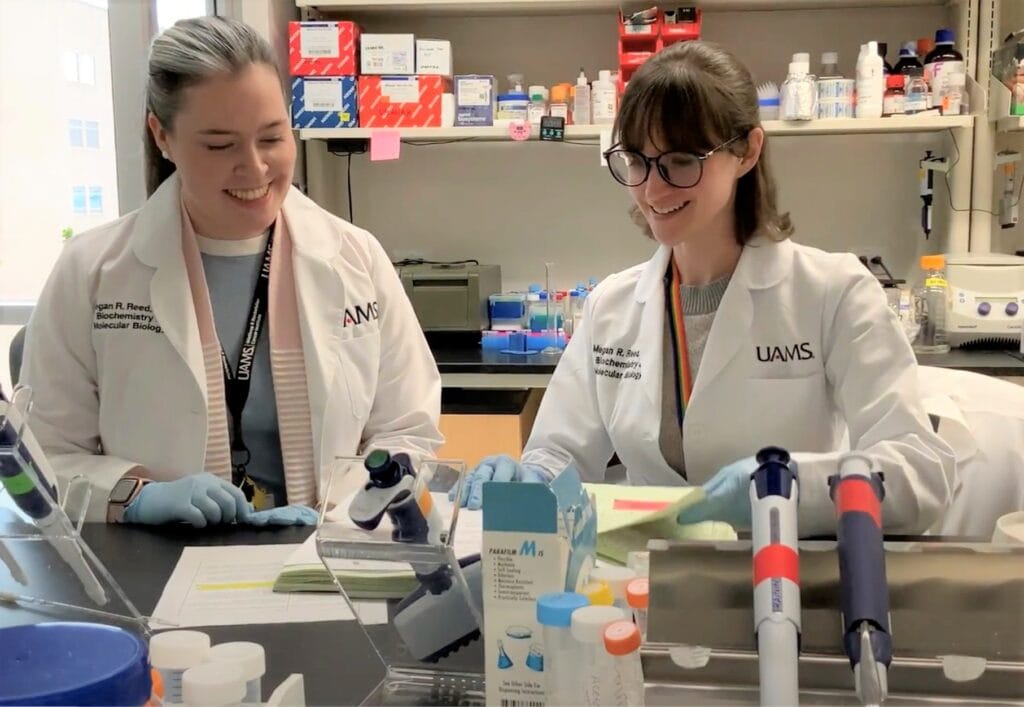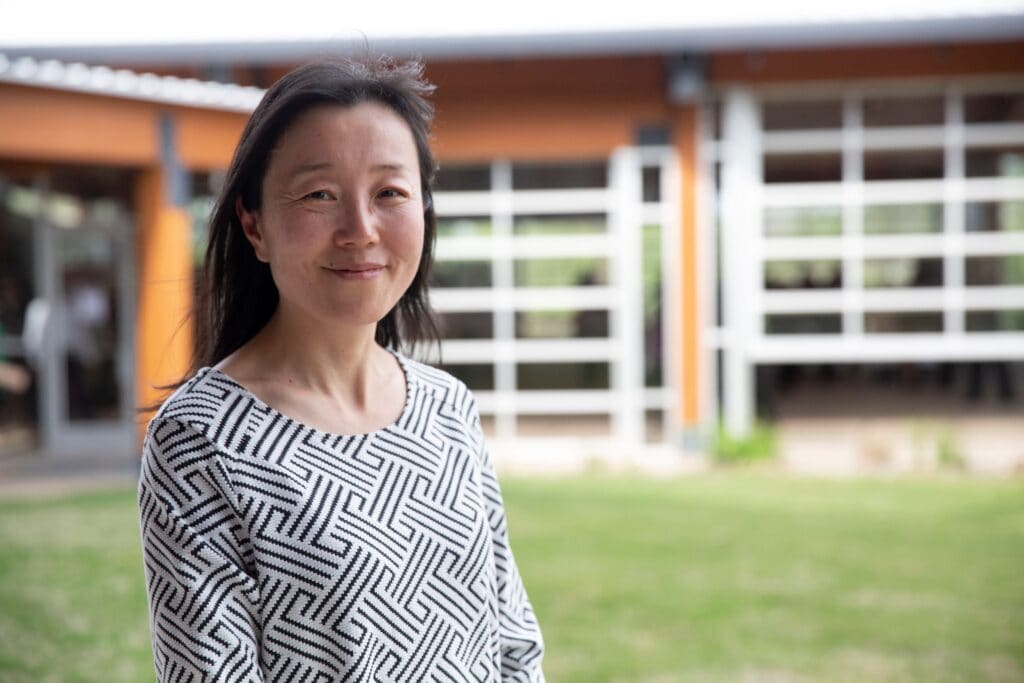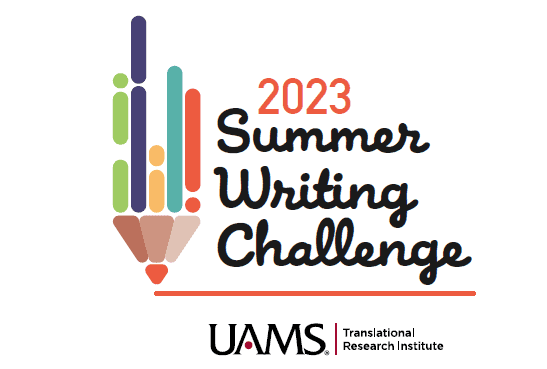
Submit Your Manuscript(s) in the 2023 Summer Writing Challenge!
Calling all UAMS-affiliated researchers! If you received any TRI support since 2017, we invite you to join your colleagues for this friendly manuscript competition and the opportunity to win great prizes and recognition.
Prizes will be awarded based on academic rank. Last year, David Ussery, Ph.D., won the Sage Scribe Award for Most Submitted Manuscripts for the Rank of Professor. Who will be this year’s Sage Scribe?
Other award categories for most manuscripts include:
- Astounding Apprentice (assistant professors/instructors)
- Wise Wordsmith (associate professors)
Please submit your manuscripts here through Aug. 31.
Associate professors and assistant professors are currently tied with the most submitted manuscripts so far. We are still awaiting the first manuscript submission from a postdoctoral fellow! View the Leaderboard here.
TRI will host a mixer Thursday, Sept. 7, 3-4 p.m., to celebrate the winners and recognize all participants at both the Little Rock and Northwest Arkansas campuses.
Questions? Contact Nikolas Berardi, NDBerardi@uams.edu.

